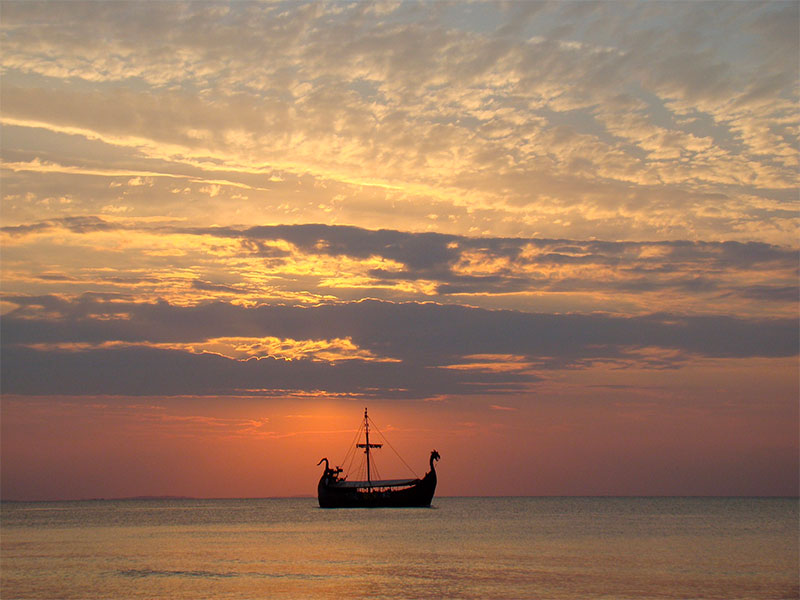Jormander the Skald is a chief character in my Forerunner Series, adventuring with Karl Alfenson and his nephew Thorfinn and entertaining his mates aboard their ship. But what is a skald?
Skald means poet in old Norse and is the term used for courtly bards who composed for the Scandinavian royalty during the Viking Age. Skalds of renown extolled the wisdom and feats of their benefactor, as well as their own exploits, and also disparaged their enemies, often excelling in insults, and that is why the word “skald” is related to our Modern English “scoff,” and the English word “scold,” reflecting the importance of mocking taunts in Viking poetry.
Skalds were the rock stars of their day–many skalds were immensely powerful and influential in their own right. In the Viking era, the pagan Nordic people enjoyed skaldic poetry that proclaimed gods like Odin, Frey and Thor and praised their seers and power runes. The songs of the time heralded the heroic age of the Vikings and skalds became THE source of oral history, culture and entertainment. Every king and chieftain had a skald to ensure their legacy endured, and these poets were the first to record histories on paper.
In the early 9th century, history records the original skald as Bragi Boddason and his Ragnarsdrápa is considered the oldest surviving Norse poem. Born in 12th century Iceland, Snorri Sturluson was an amazing poet as well as the leader of the Althing (Icelandic Parliament). Snorri compiled the Prose Edda as a manual to preserve the art of the skald. His magnum opus preserved the traditional methods of the Nordic poets, reinvigorating the profession and giving us today an understanding of the art. For example, the Prose Edda explained “kenningar,” the stylistic device that employs complex and enigmatic indirect references used in skaldic poetry, allowing many of the refences to be understood in modern times. Beyond his master work, Snorri retold old Norse legends and many tales of local heroes and kings, lauding him with fame and extending his reputation to our own time.

